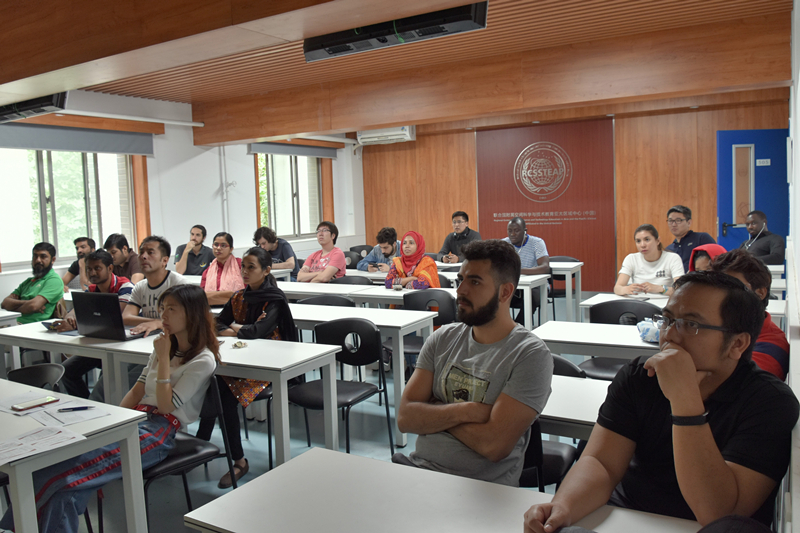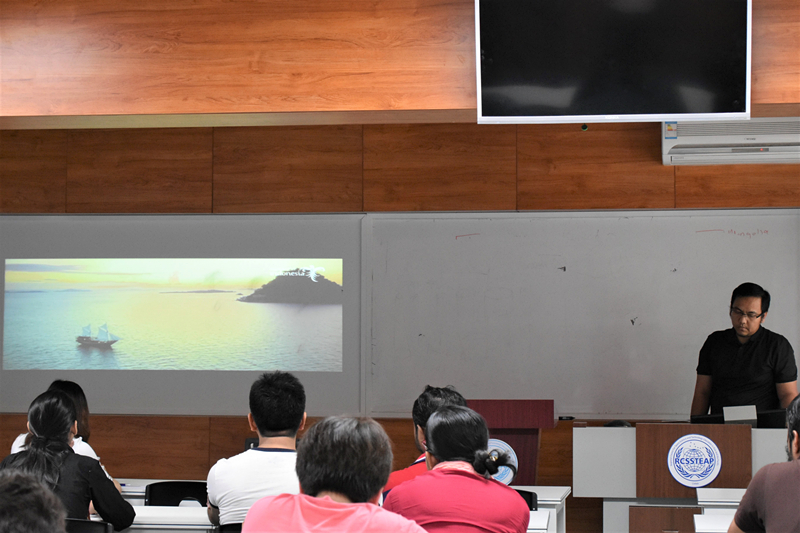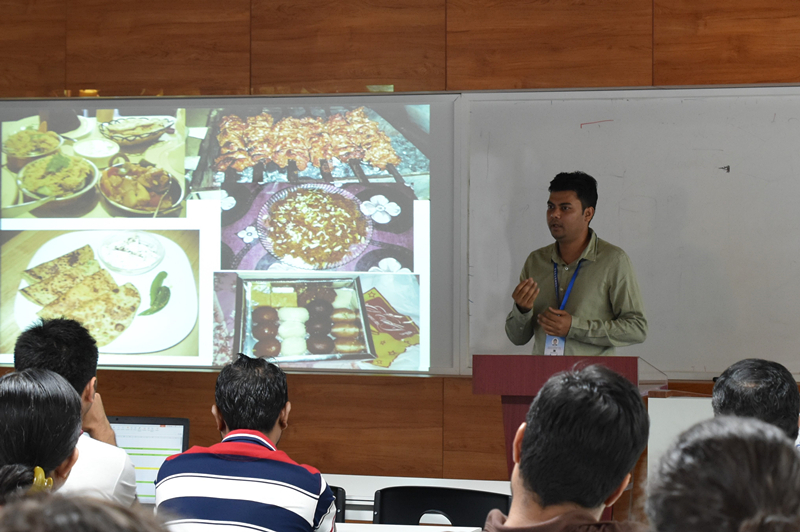On May 11th, the 4th Class
Meeting of Spring 2018 was held at Room 505, International School. The topics
of this class meeting were Chinese traditional festivals and Intercultural
Activities. About 40 Participants from 2016 & 2017 MASTA/DOCSTA Program were in
attendance. The Class Meeting was hosted by Ms. Wu Ke, student advisor of the
Centre.

Firstly, Ms. Wu Ke prepared a cultural presentation
on Chinese traditional festivals in order to help participants to better get
adjust to Chinese society with a deeper understanding of Chinese traditional
culture and customs. Ms. Wu Ke introduced some important festivals in China,
including Spring Festival, Lantern Festival, Dragon Boat Festival, Magpie
Festival, Mid-Autumn Festival, Double Ninth Festival, from the aspects of its
time, origins and customs.
Then, intercultural activities were continued.
Participants from Indonesia and Pakistan made wonderful presentations on their
countries respectively. OGI GUMELAR SUPARMAN, one Indonesian participant of
2016 MASTA program, introduced Indonesian culture from its basic information,
visiting place, religions and beliefs, different ethnics, featured plants and
animals. He also included a tourism video clip in the cultural presentation and
welcomed all participants and teachers to visit the beautiful country. After
that, on behalf of the Pakistan group, MUHAMMAD ARSALAN, 2017 MASTA program
participant from Pakistan, gave a cultural presentation on Pakistan culture.
The presentation contained all aspects of the country, like geography and
history, religions and beliefs, festivals and customs, music and dance.
Additionally, Pakistan group also did a comparison between Pakistan culture and
Chinese culture, and found a lot differences. Its rich content and interesting
facts won people’s warm responses.


The 3rd Intercultural Activity was held
successfully as scheduled. Although Cultural presentations of different
countries showed great differences between different cultures, participants of
MASTA/DOCSTA Program were very interested in Chinese culture and firmly believed
they could get adjust to Chinese culture with their efforts.

